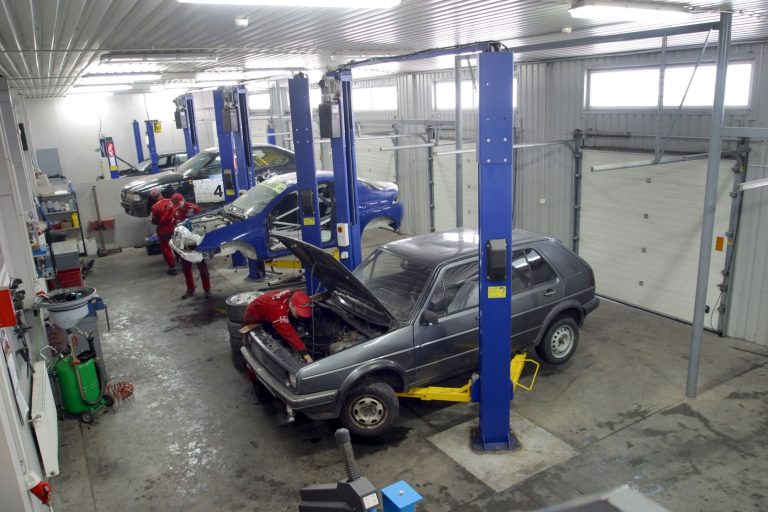Modern automobiles are sold with a range of sensors that help to improve the driving experience. One such sensor operates the maintenance required light in New Jersey. The maintenance required light performs a simple, yet important function. The light works to alert a driver that his or her oil needs to be changed. While this may not seem like a big deal, changing the oil on time can protect the vehicle’s engine in many important ways.
Viscosity Breakdown
Over time, engine oil will undergo a breakdown in viscosity. In simple terms, this means that oil will become runnier than it was when it was new. As the oil becomes runnier, it will not properly protect the internal parts from wear as it will quickly drain away instead of staying where it is needed. By changing oil as recommended, the life of an engine will be extended.
Contamination
All engine oil will become slowly contaminated over time due to the combustion of gasoline in the engine. Though most combustion byproducts exit the engine through the exhaust, a small amount will be left on pistons, valves and cylinder walls where they will come in contact with the oil. The contamination will cause oil to breakdown and not properly protect the engine. Contamination rates will increase as vehicles age due to normal internal engine wear if a person ignores the Maintenance Required Light in New Jersey.
Heat Transfer
Automobile engines have a cooling system that uses a liquid coolant, a mixture of water and antifreeze, to cool the engine. However, most people do not realize that engine oil also plays a significant role in removing heat from the engine. Oil is circulated from the oil pan under the engine, through the oil filter, up into the engine and back into the oil pan. As the oil makes this trip, large amounts of heat are dissipated from the oil pan away from the engine. As oil breaks down and becomes contaminated it also loses the ability to efficiently move heat from the engine.
